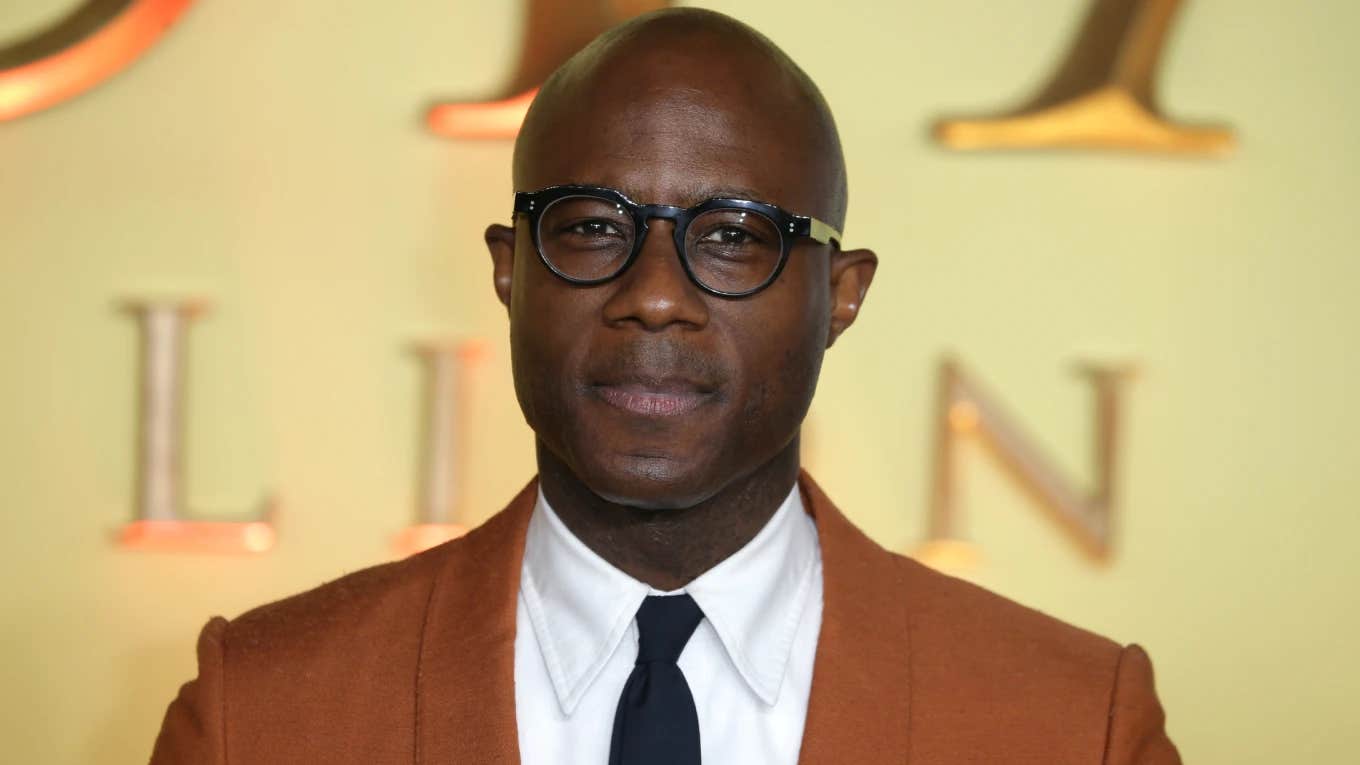Director Barry Jenkins Explains Why The Worst Career Advice He Ever Received Was To 'Network'
His surprising stance makes total sense.
 Fred Duval | Shutterstock
Fred Duval | Shutterstock Network, network, network! It's the first piece of advice most professionals give college students, recent grads, and anyone entering the workforce or a new industry. However, Academy Award winner and filmmaker Barry Jenkins disagrees. In fact, in a recent interview, he claimed it was the worst piece of career advice he ever received.
Barry Jenkins explained why the worst career advice he ever received was to 'network.'
"Don't network," he said in a press interview for "Mufasa: The Lion King," visibly surprising the interviewer. "You just find people you vibe with, people who you care about, who care about you and just build."
"Even if ya'll's skill level is, on a scale of one to 10, a three when you meet, get it to a four together," he continued. "Get it to a six together, get it to a seven together."
Jenkins explained that he built his life and professional career by surrounding himself with like-minded individuals instead of pandering to the elite in the film industry. He claimed that nothing comes from finding those "fancy people" and instead encouraged individuals to start "building horizontally."
Horizontal networking is helpful for career growth.
What Jenkins described has a name — horizontal or lateral networking. This refers to networking with your peers, instead of with your seniors.
"When you network with people who are at the same or a similar level to you, you have a lot more to offer each other," said Hailley Griffis, a career growth expert.
She noted that there is always a power imbalance when networking with people further in their careers than you. "That imbalance, and the fact that folks who are more senior tend to have less available time, means that it’s sometimes more difficult to network with folks who are more senior than you," she explained.
While more senior workers can surely offer valuable advice, your peers can also help. "You might be going through promotion conversations at the same time, dealing with the same problems at work, or just generally being able to relate to each other’s challenges much more," she said.
 Kostiantyn Voitenko | Shutterstock
Kostiantyn Voitenko | Shutterstock
As a bonus, it's also generally less intimidating to approach those at the same level as yourself. Connecting with people who you can build skills with is understandably a lot less daunting than being thrust into a room full of powerful professionals.
Eventually, you and the peers you networked with will become senior-level employees.
This, Griffis said, is the biggest advantage of horizontal networking. "If you network with people at your own level, over time, as you all become more senior, you have an incredible group around you that you’ve grown with over the years," she explained. "You all advance together, and now you have a network of peers who are similarly senior to you in your career."
So, don't write off your entry-level co-workers — they won't be entry-level forever. Connect with your colleagues at the same level as yourself and build a circle of professional individuals who can grow and learn together, leaning on one another as your careers blossom.
Nia Tipton is a staff writer with a bachelor's degree in creative writing and journalism who covers news and lifestyle topics that focus on psychology, relationships, and the human experience.

